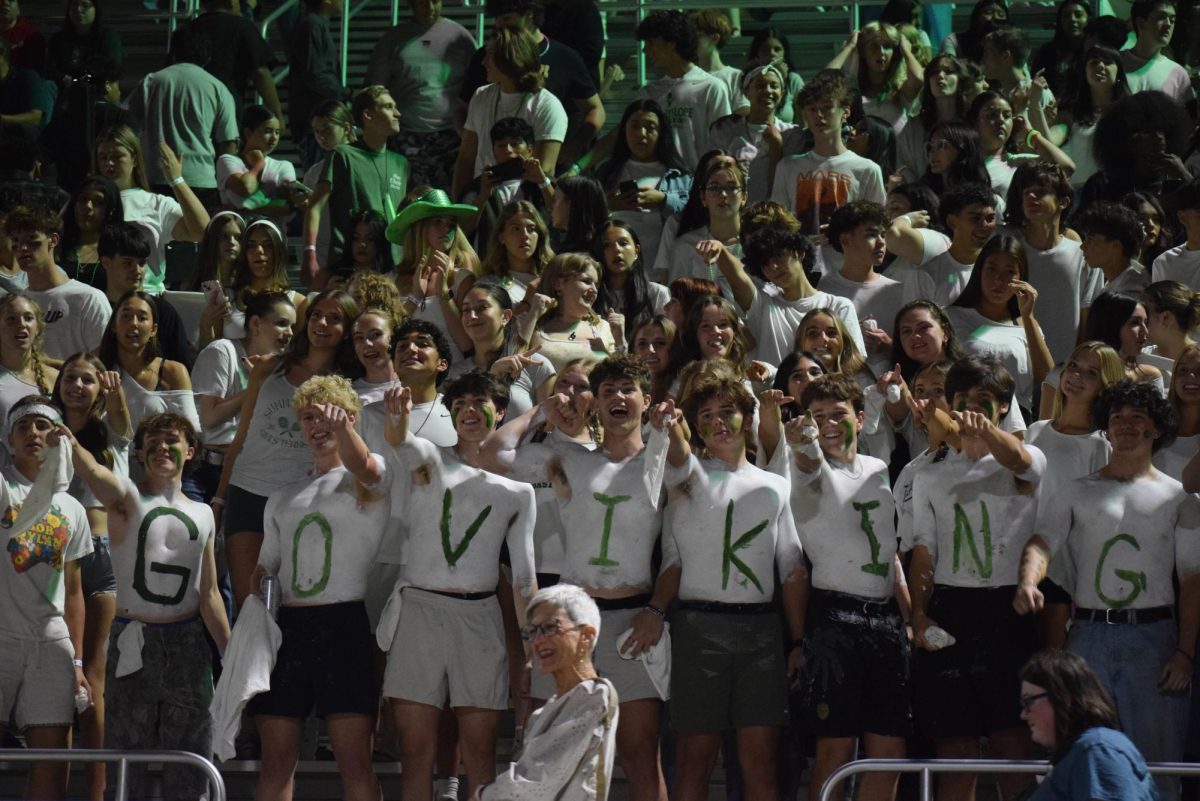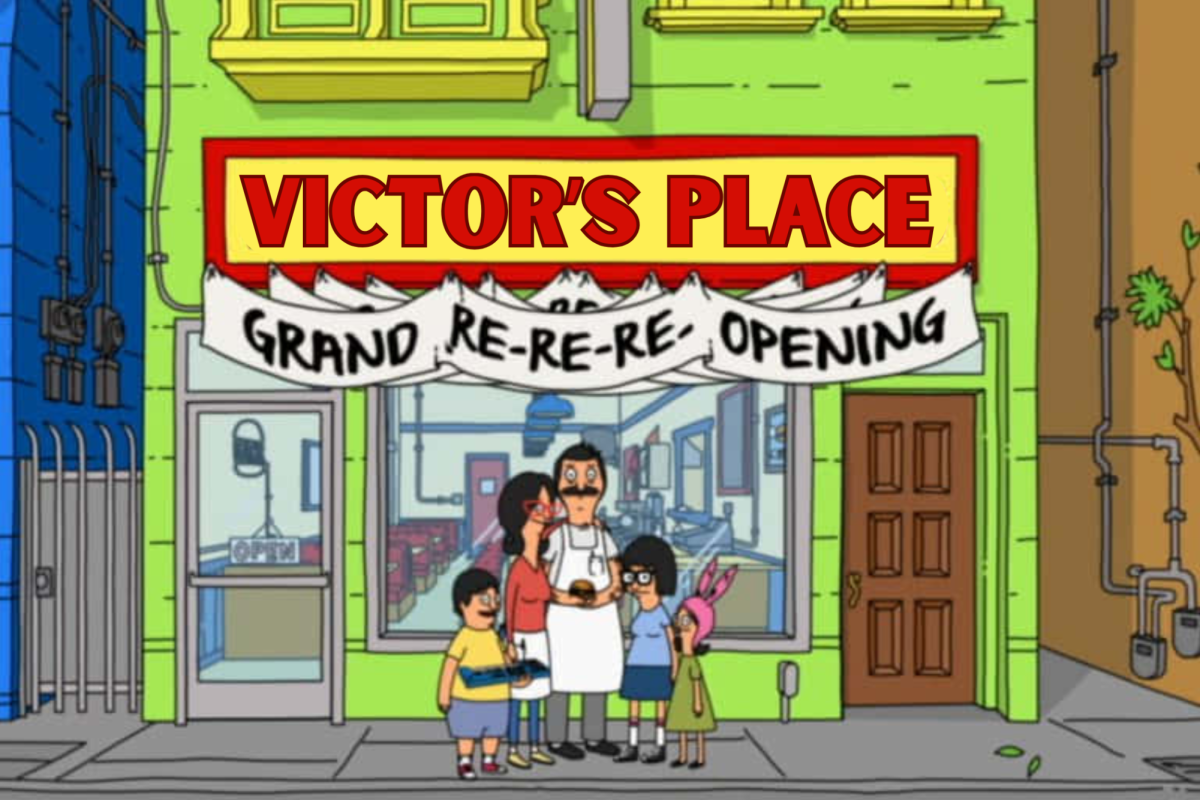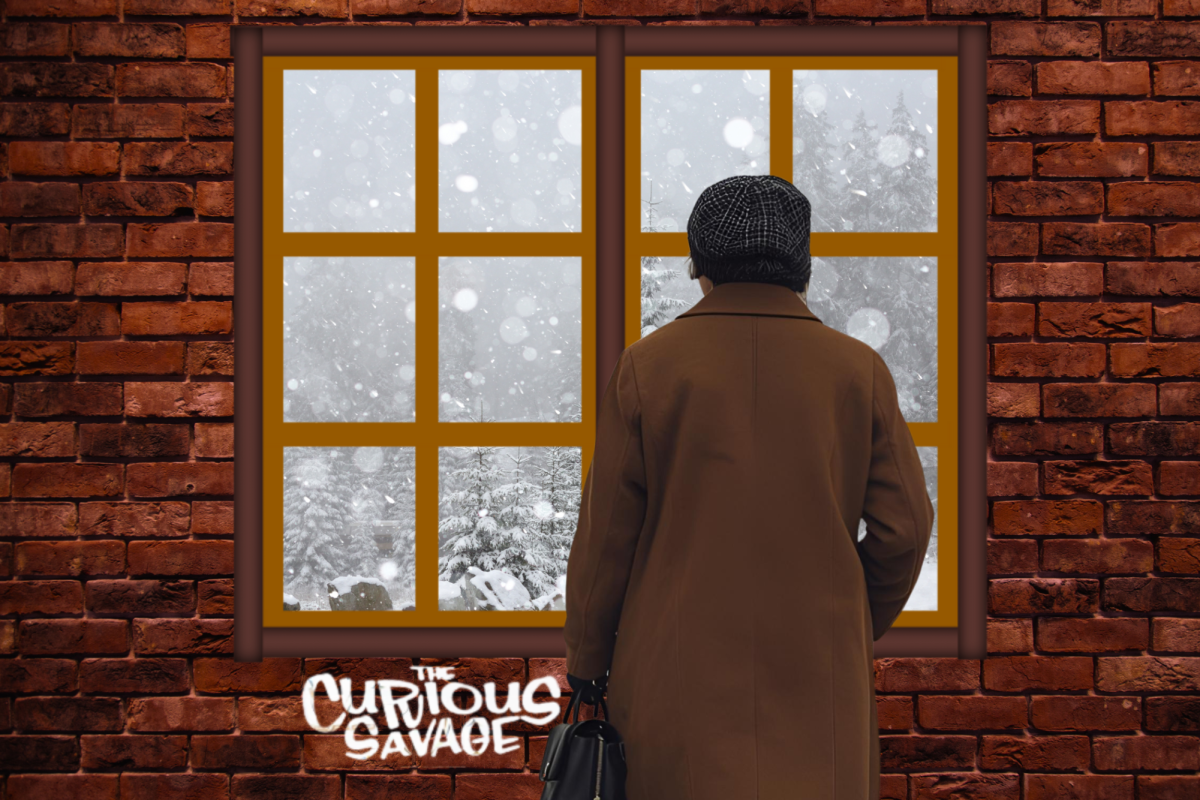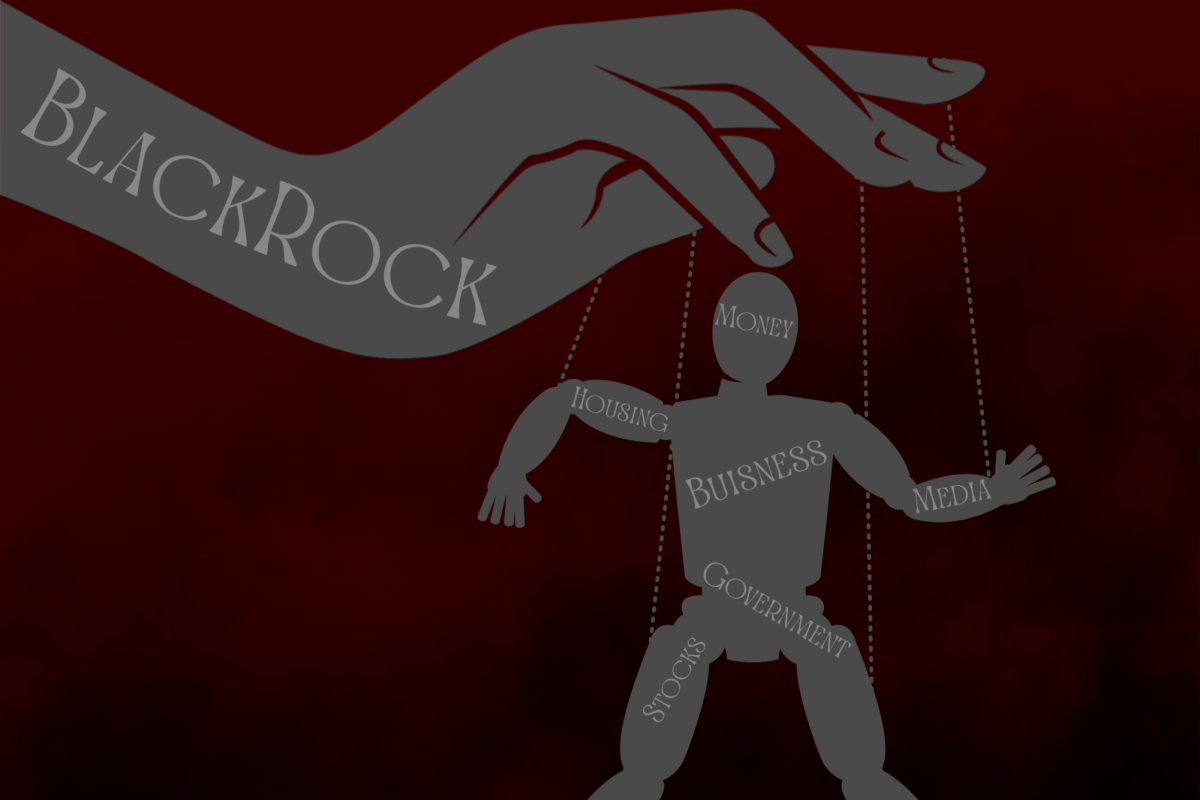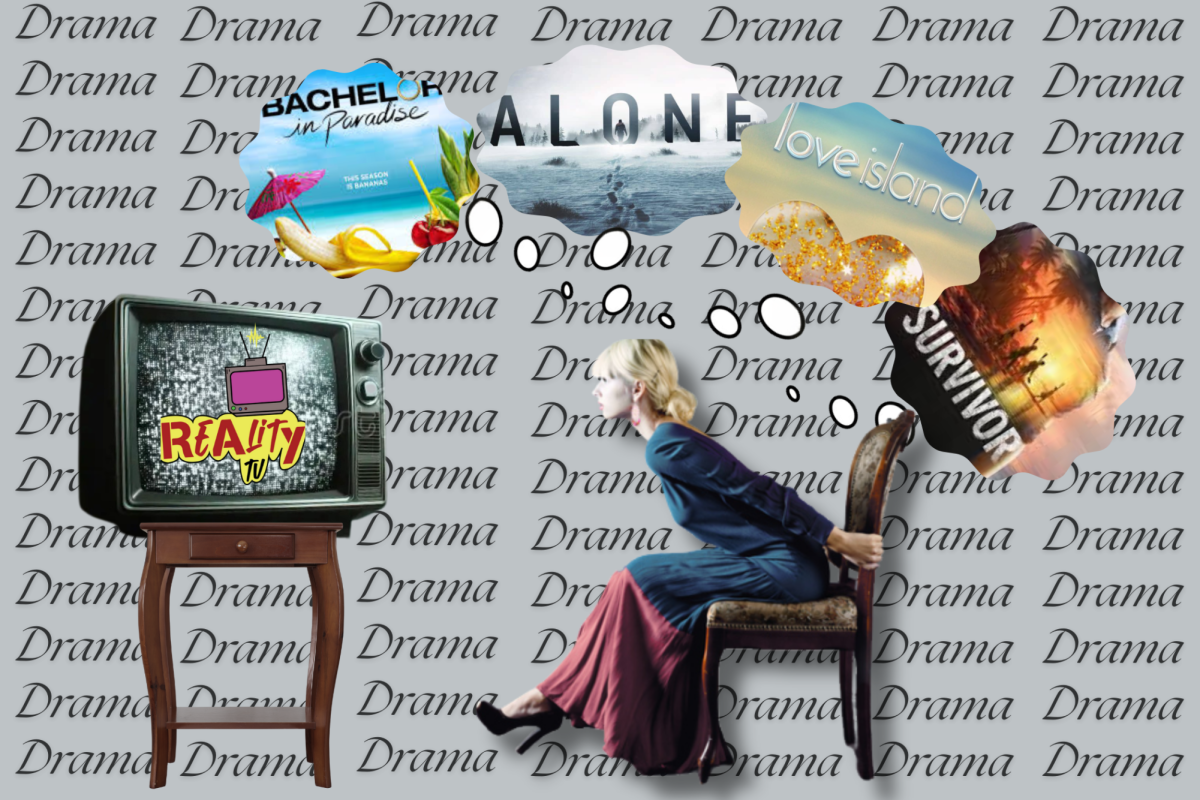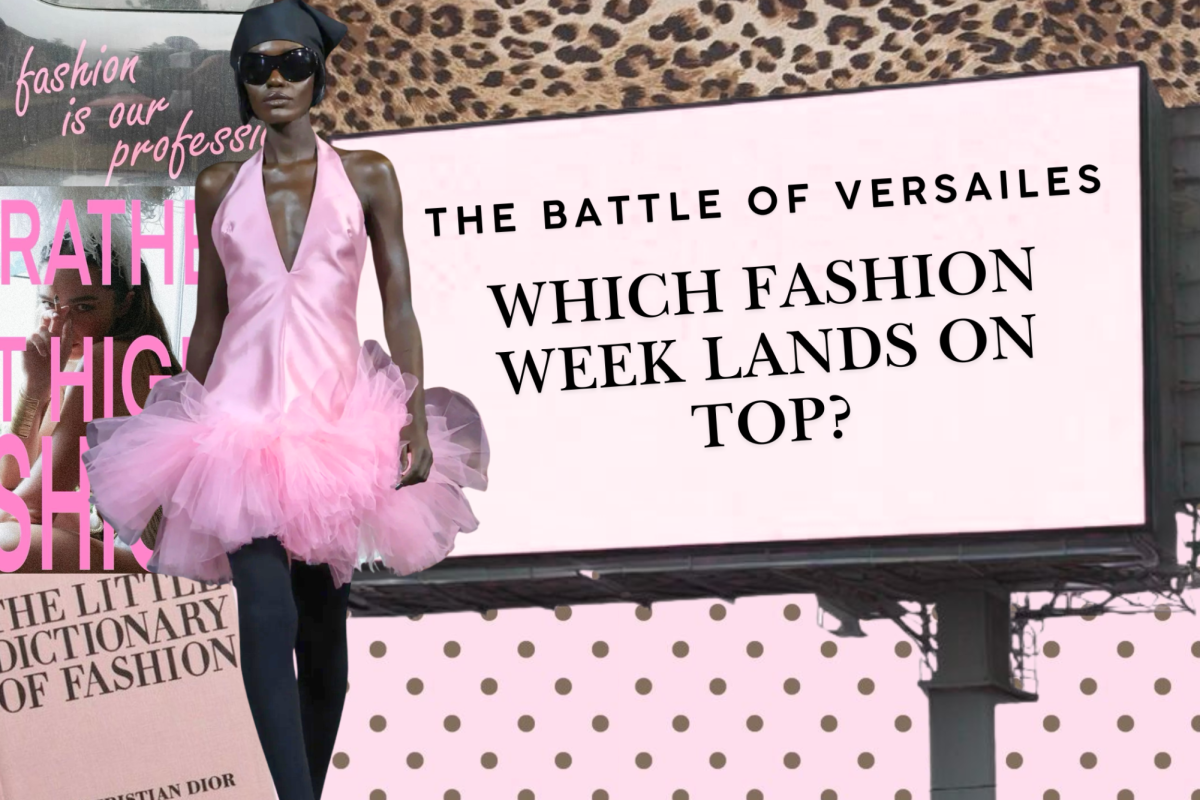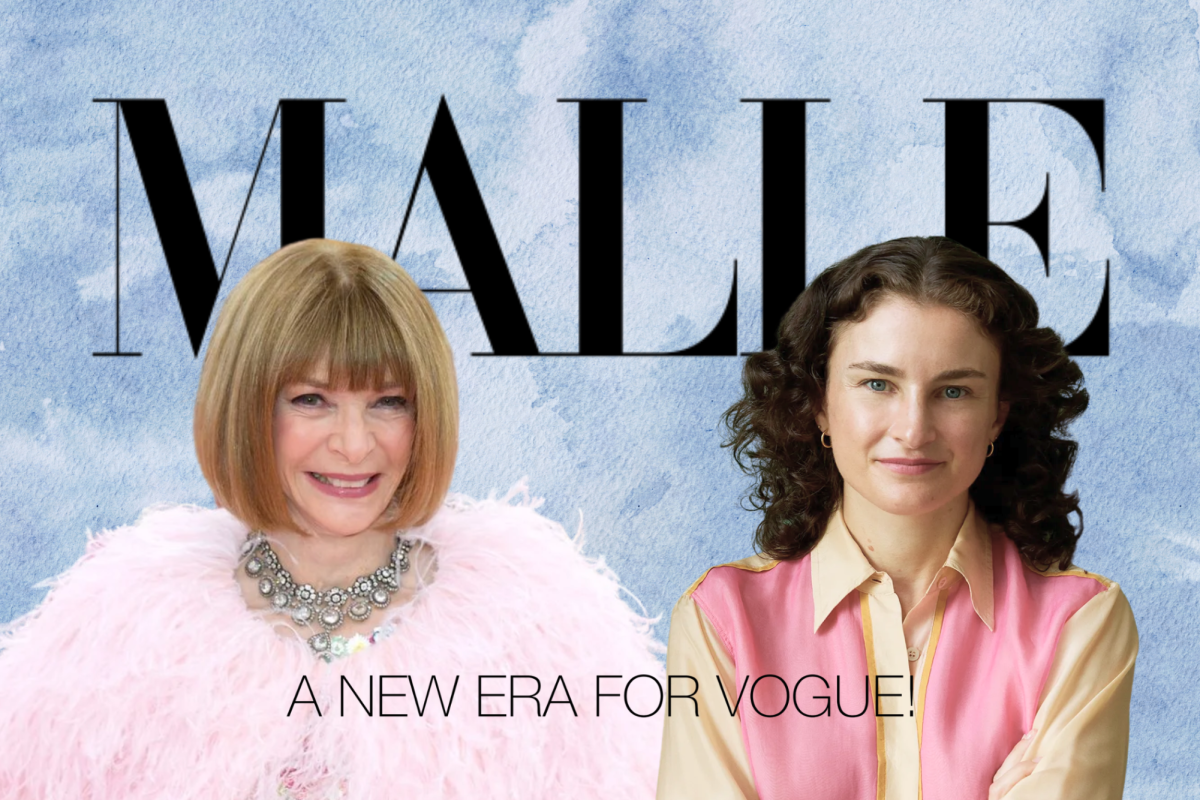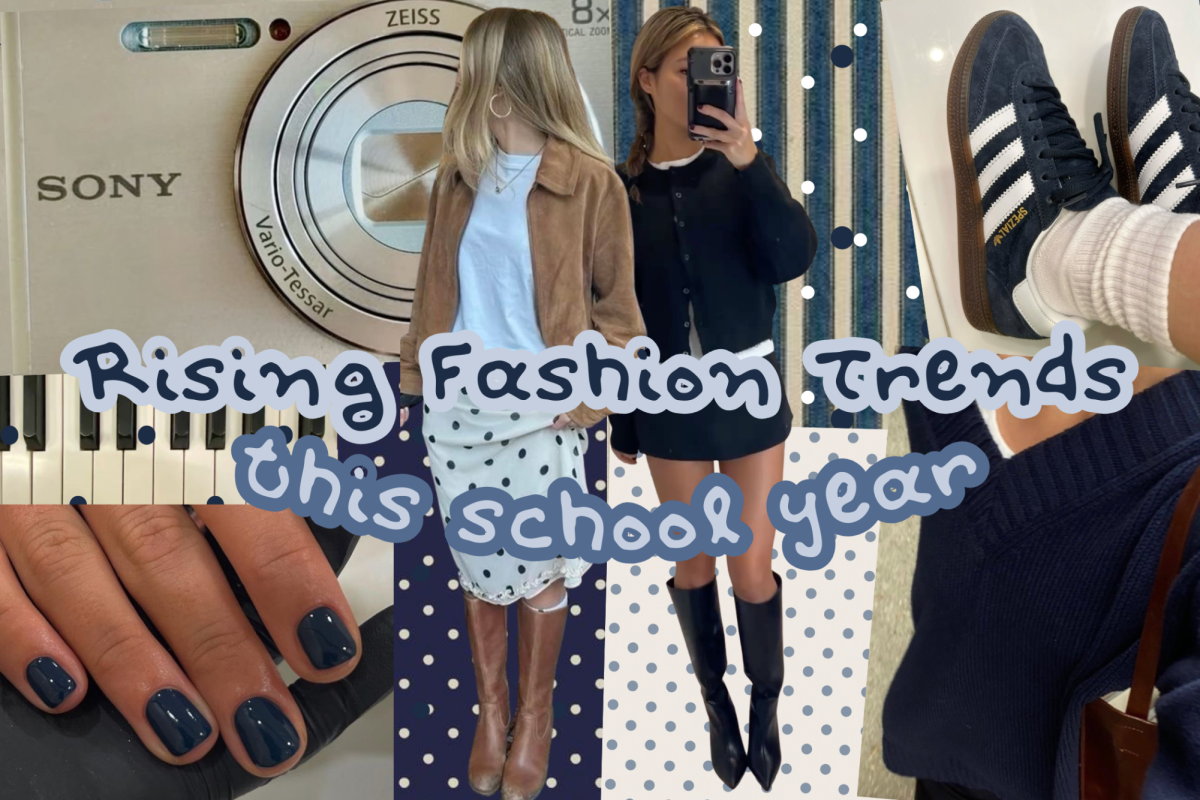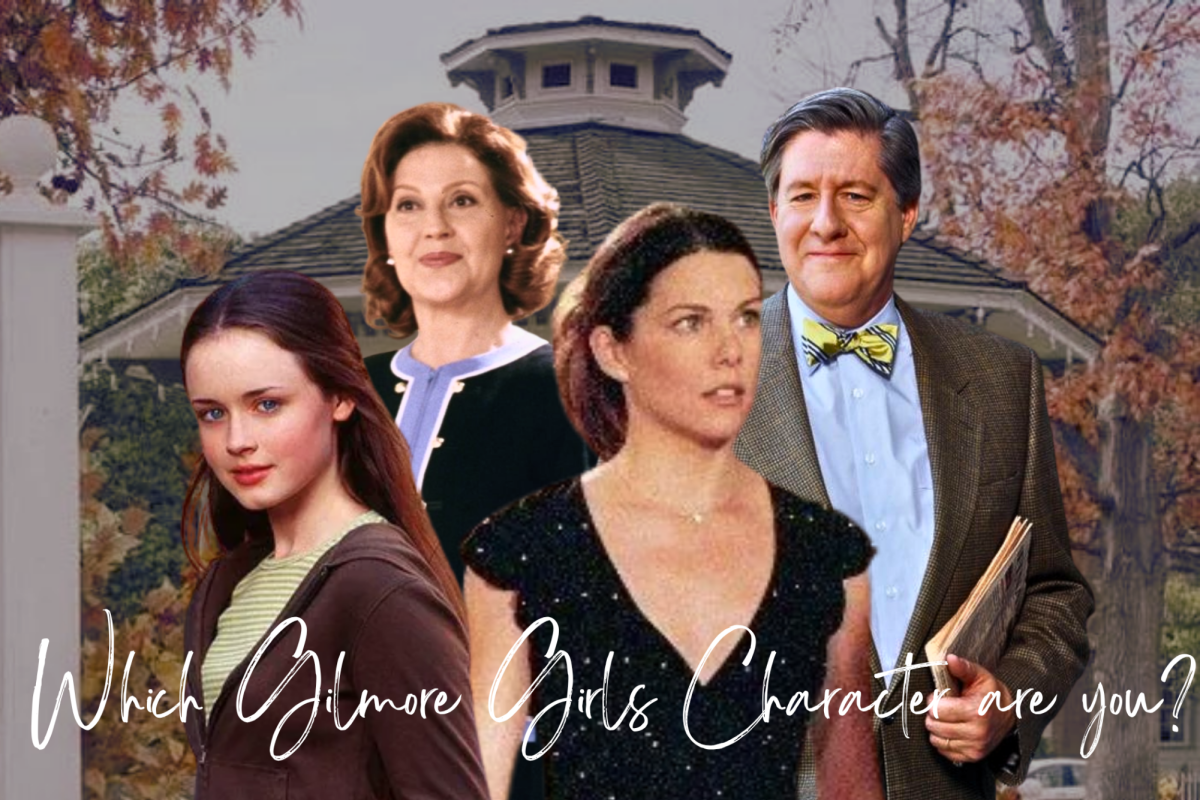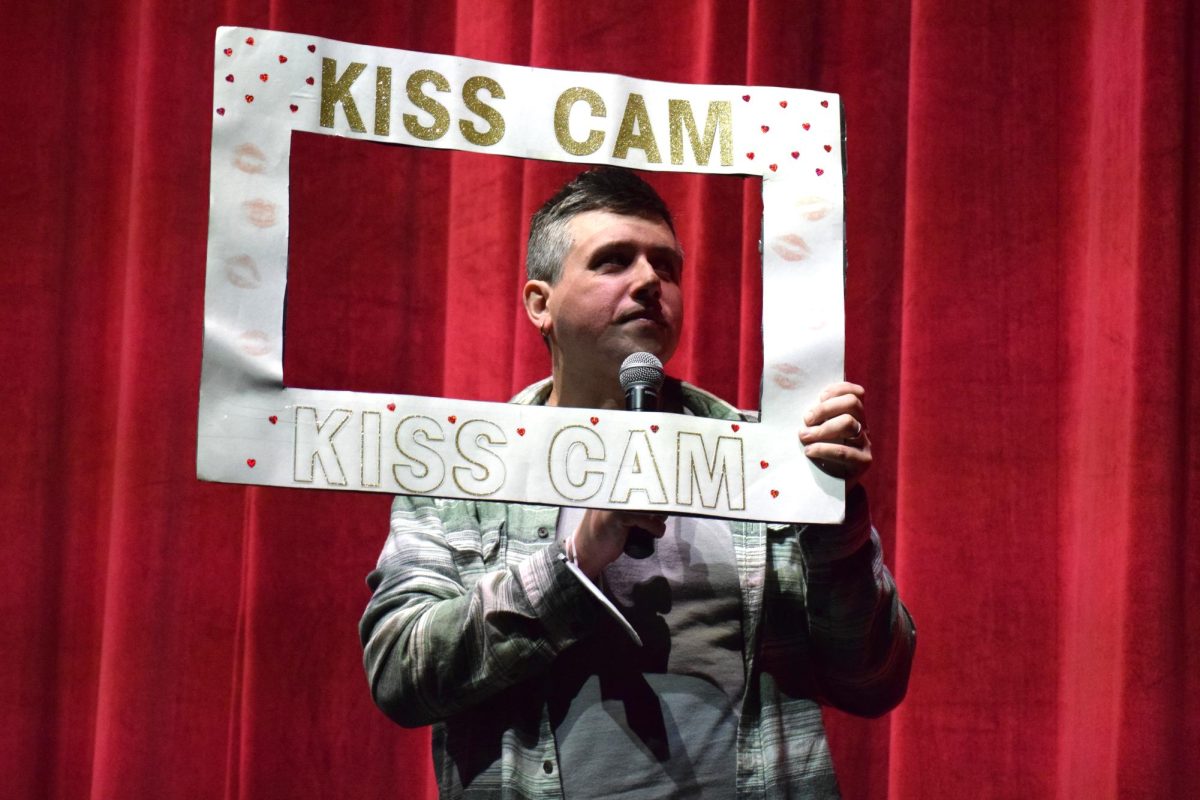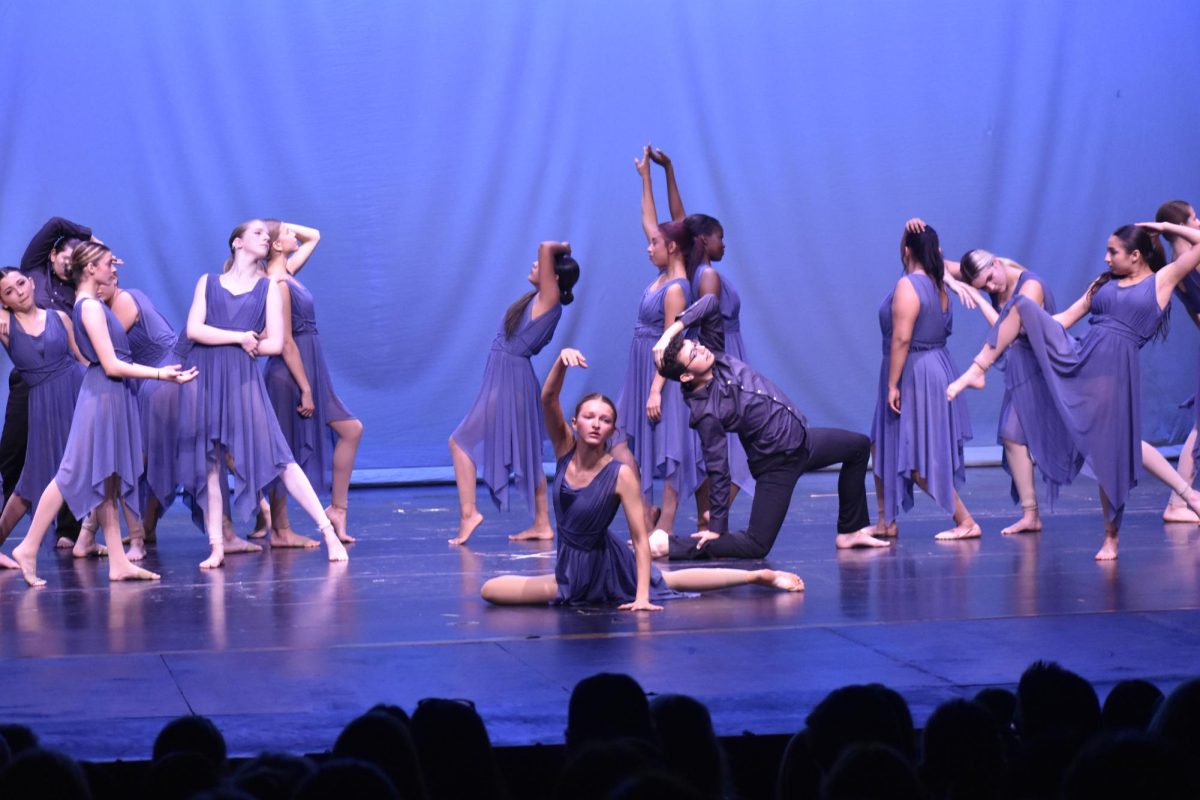According to the Psychology of Popular Media Culture Journal, there are specific issues with social media that could jeopardize the intimacy, connection, and trust that are the foundations of healthy bonds.
We can interact with the world, share moments, and maintain friendships with these apps.
Despite its benefits, social media has a significant and negative impact on romantic relationships, with effects that go far beyond generic lack of socializing. Here are some key reasons why social media can be a silent killer of relationships.
Envy and Uncertainty
One of the most destructive feelings in a relationship is jealousy, which is only further fueled by social media.
Being able to monitor your partner’s online behavior, including who they follow, what posts they like, and who they communicate with, can lead to paranoia.
According to the Social Media and Jealousy study, 60% of participants reported they had felt jealous after noticing their partner’s flirtatious interactions online.
Envy can be sparked by something as little as liking someone’s post or following a new friend; it doesn’t have to be obvious.
The “Are We Facebook Official?” study explains, “for many individuals, even seemingly innocent interactions on social media, such as liking a photo or commenting on an attractive person’s post, can be perceived as a form of betrayal or emotional infidelity.”
Trust may eventually be damaged as a result of partners examining each other’s phones or keeping an eye on their online behavior.
Comparisons
Social media’s ability to distort reality and raise expectations for relationships is one of its many widespread and damaging impacts.
The best moments, the most romantic trips, and the happiest occasions are frequently the only highlights of people’s lives that they broadcast. According to Toma and Hancock’s study, “Social media platforms, with their constant updates and highly filtered content, present an unrealistic image of romantic relationships, leading users to compare their own relationships to those that appear more exciting or fulfilling.”
Partners might start evaluating their actual connection against the glamorized and unrealistic representations they find online.
Oversharing and Violations of Privacy
Privacy has become rare in the digital era. More and more personal information, from the everyday to the very private, is shared on social media. Some people develop a habit of sharing too much, documenting and broadcasting every aspect of their lives to a large audience.
Even while it might appear harmless, disclosing private details about a relationship online can cause a lot of problems, especially if one spouse is more private than the other.
What one individual sees as a way of expressing themselves or establishing a connection with friends may be seen by another as an invasion of their privacy.
60% of researchers in a Pew Research Center study report that social media platforms have “made it harder to keep certain aspects of one’s life private, which can cause tension in relationships when boundaries are crossed.”
Additionally, anything shared on social media can be viewed by anybody, including friends, family, and complete strangers.
This means that private affairs are now examined and judged by a larger audience rather than being limited to partners, which can be awkward and damaging to the relationship.
Lack of Communication
Communication is essential in healthy relationships.
Strong and lasting relationships are more likely to form between couples who are able to communicate honestly about their needs, feelings, and frustrations.
However, this process gets increasingly difficult when social media takes over as the main communication channel.
Face to face talks provide meaning and grace that text messages, DMs, and posts do not. Digital communication eliminates the ability to completely comprehend context, hear tone, and read body language.
A 2018 study published in The Journal of Social and Personal Relationships highlighted that a straightforward remark or message could be misunderstood and cause unnecessary disagreement.
Couples who use social media frequently for communication may end up fighting over misinterpreted messages, tone-deaf remarks, or miscommunications.
Removal of Time and Attention
The purpose of social media is to keep users entertained, frequently to the point of addiction.
People are drawn away from the present and distracted from the people they are physically with by the never-ending flood of notifications, updates, and messages.
This division of attention can be disastrous in romantic relationships, which can cause couples to feel irrelevant or ignored.
Emotional and mental presence fades even if physical proximity remains.
Research by The American Academy of Matrimonial Lawyers found that 60% of divorce lawyers reported an increase in cases citing social media as a factor in the breakdown of relationships.
Many couples cited arguments over one partner’s excessive use of social media, which drained time and attention from the relationship.
Overall
Even if social media has many advantages, it has a largely negative effect on relationships.
The impact of social media cannot be overlooked, as it can lead to communication breakdowns, undermine trust, and create unrealistic standards and jealousy.
Today’s couples must navigate this digital environment with knowledge and attention, as they encounter new obstacles not faced by past generations.
Setting limits on social media is crucial for partnerships to succeed.
Maintaining privacy, prioritizing face to face contact, and resisting the urge to compare oneself to others are all important for couples.
In the end, a solid relationship is more about the quality of the connection than the amount of online interactions.
To ensure that love and trust stay at the core of our relationships, we can protect them from the gentle but damaging influence of social media if we can learn to strike a balance between the digital and physical worlds.

